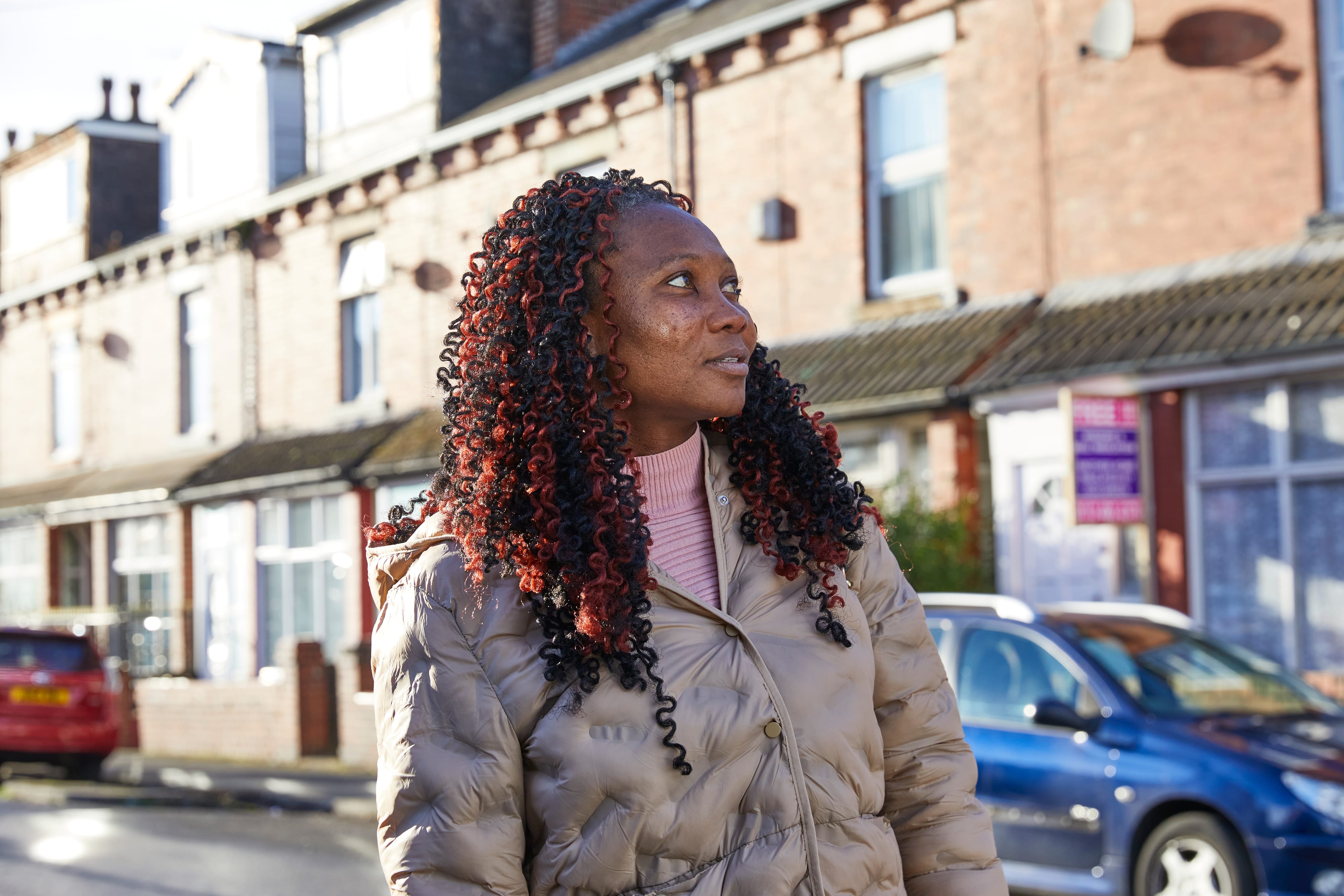
In this blog, Catherine Rennie, Communications and Public Affairs Manager, discusses the Renters’ Rights Bill currently passing through Parliament and its potential to improve health.
Today the Renters’ Rights Bill goes through its final stages in the House of Commons before reaching the Lords, and the Government is aiming for the legislation to be in force before the summer.
This is a significant step forward for people living in privately rented homes. Currently, unequal access to secure and good quality homes in the private rented sector means that, for many people, poor housing conditions are inevitable and a direct cause of short and long-term health issues including respiratory, cardiovascular and musculoskeletal conditions and mental health problems. All of these are disproportionately commonplace in more disadvantaged areas of the country.
We welcome the Renters’ Rights Bill and, if properly resourced, believe it has the potential to significantly improve the health of renters. The end of Section 21 “no-fault” evictions is a long time coming and will mean tenants can feel more secure in their homes.
We particularly welcome the extension of the Decent Homes Standard and Awaab’s Law to the private rented sector and the creation of the private rental database and ombudsman – these measures have the potential to drive up standards, improve quality and provide renters with better living standards so their health is not threatened by the quality of their homes.
Through our Homes for Health programme, we work closely with expert local groups focused on poor housing conditions in areas facing significant levels of disadvantage. They have told us about people living in terrible conditions for weeks and months before private and social landlords fix issues, with remedies often of poor quality which fail to address root causes. We have also heard multiple testimonies regarding the inaccessibility of housing enforcement teams who were often too stretched or short-staffed to even return calls, leaving people with uncertainty, feeling powerless to exercise their rights. We have also heard about widespread discrimination against certain groups, and welcome the measures laid out to end discrimination.
In terms of Decent Homes Standards, we know the Bill can only create the conditions for improvement, and its success lies in its enforcement. Decent Homes Standards have been in place for the social housing sector since 2006, but with a lack of serious enforcement, standards remain a significant problem within the social housing sector. There is every reason to believe that this will be replicated in the private rented sector without a stronger focus on enforcement.
Making these vital changes requires sufficient resourcing. Alongside the Bill, the government must implement a sustainable long-term plan that enables local authorities to fund the necessary level of housing enforcement to make the intent of the Bill a reality.
Local councils need the resources to properly enforce improved housing standards, including resources to do proactive inspections of rented properties. Central government must also ensure that landlords are meeting legal obligations through well-resourced enforcement locally, and that there is national coordination to ensure that there is consistency across the country. We are calling for local authorities to receive ring-fenced funding based on the number of private rented sector dwellings registered in their areas in order to reflect their relative enforcement burdens and be able to maintain standards for private renters.
In the second reading of the Bill in October, the Secretary of State Angela Raynor made a commitment in parliament to extend ring-fenced funding for enforcement, and during the fourth Committee sitting, Mathew Pennycook, Minster for Housing committed to ensuring that the reforms were fully funded. We urge the Government to ensure that ring-fenced enforcement money becomes a reality and is sufficient to ensure the change of law has the greatest potential to positively impact on the housing and health of tenants.
Given the impact of poor housing on health, it is also critical that these policy solutions are linked with the forthcoming NHS 10-year plan and the Government’s health mission, supporting manifesto goals to improve healthy life expectancy and reduce the gap in health between the country’s richest and poorest. In England, this gap presently stands at 18.2 years for men and 18.8 years for women. Along with others in the sector, we are calling for A Health in All Policies approach, to ensure that the there is cross- departmental responsibility for improving the health of the nation.
Sign up to our newsletter below and follow us on LinkedIn or Bluesky for more on the health implications of the Renters’ Rights Bill.


